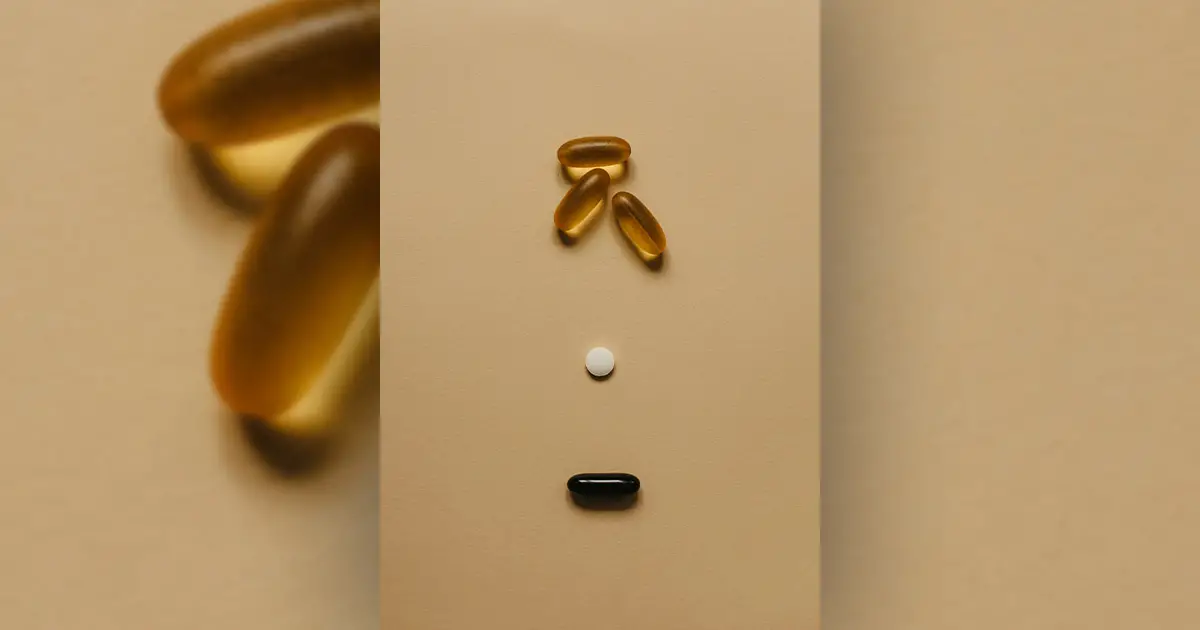Welcome to our discussion on a common query: when is it safe to enjoy your daily cup of coffee after taking your vitamins? Alongside this primary question, we’ll delve into related inquiries to provide comprehensive insights into optimizing your supplement routine for maximum benefit. Let’s dive in!
Understanding the Coffee-Vitamin Interaction
When it comes to your health routine, the timing of consuming different substances can impact their efficacy. Coffee and vitamins are staples for many, but the question remains: how do they interact when consumed together?
Coffee, with its caffeine content, is known to affect nutrient absorption in the body. It can interfere with the absorption of certain vitamins and minerals, particularly iron and calcium, when consumed simultaneously.
Vitamins, on the other hand, vary in their absorption rates and compatibility with coffee. Fat-soluble vitamins like Vitamin D might require some time to be absorbed effectively, especially if taken alongside coffee.
Study Insights: The Coffee-Nutrient Interaction
Studies exploring the impact of coffee on nutrient absorption have yielded insightful findings. One such study published in the Journal of Pharmacology and Experimental Therapeutics [Reference] observed the effects of coffee consumption on iron absorption.
The study found that coffee intake significantly reduced the absorption of non-heme iron, commonly found in plant-based foods and supplements. These findings highlight the importance of timing and spacing out coffee consumption from iron-rich meals or supplements to ensure adequate absorption.
There isn’t a blanket rule against taking any specific vitamins or supplements with coffee, but there are a few considerations to keep in mind:
- Iron: Coffee contains compounds that can inhibit the absorption of iron from plant-based sources (non-heme iron). If you’re taking an iron supplement or consuming iron-rich foods, it’s generally recommended to avoid consuming them with coffee to maximize iron absorption. However, if you’re taking iron supplements for medical reasons, your healthcare provider might advise you to take them with vitamin C to enhance absorption, which could be done separately from coffee consumption.
- Calcium: Some research suggests that consuming calcium supplements with coffee may reduce calcium absorption, but the evidence is not definitive. If you’re concerned about calcium absorption, you might choose to take calcium supplements separately from coffee.
- B-vitamins: There’s no clear evidence to suggest that B-vitamins cannot be taken with coffee. Since B-vitamins are water-soluble, they are generally well-absorbed regardless of coffee consumption.
- Fat-soluble vitamins: Fat-soluble vitamins like vitamins A, D, E, and K are absorbed more efficiently when consumed with some dietary fat. While coffee doesn’t contain fat, it’s unlikely to interfere significantly with the absorption of fat-soluble vitamins.
- Medications: If you’re taking medications, it’s essential to check whether they interact with coffee or any other substances. Some medications may have interactions with coffee that could affect their effectiveness or increase the risk of side effects.
Overall, while there’s no definitive prohibition against taking vitamins or supplements with coffee, it’s always a good idea to consult with a healthcare professional or pharmacist, especially if you have specific health concerns or are taking medications. They can provide personalized advice based on your individual health status and medications.
Does the acidity or caffeine content of coffee affect the absorption of vitamins?

Image source: unsplash.com
Final word
In summary, managing your supplement routine effectively means grasping how coffee and vitamins interact. Coffee’s caffeine and acidity may slightly influence vitamin absorption, but in moderation within a balanced diet, this impact is usually minor.
Water-soluble vitamins, like vitamin C and B, absorb quickly and are less affected by coffee. Fat-soluble vitamins take longer but are generally unaffected by coffee timing.
For iron and calcium absorption, separating them from coffee intake may optimize uptake, especially with plant-based iron sources. While evidence is unclear for calcium, cautious separation might be prudent.
Consulting healthcare professionals, especially if you have health issues or take medications, is key. Maintain a diverse diet, stay hydrated, and enjoy coffee in moderation for optimal nutrient absorption and overall health.




